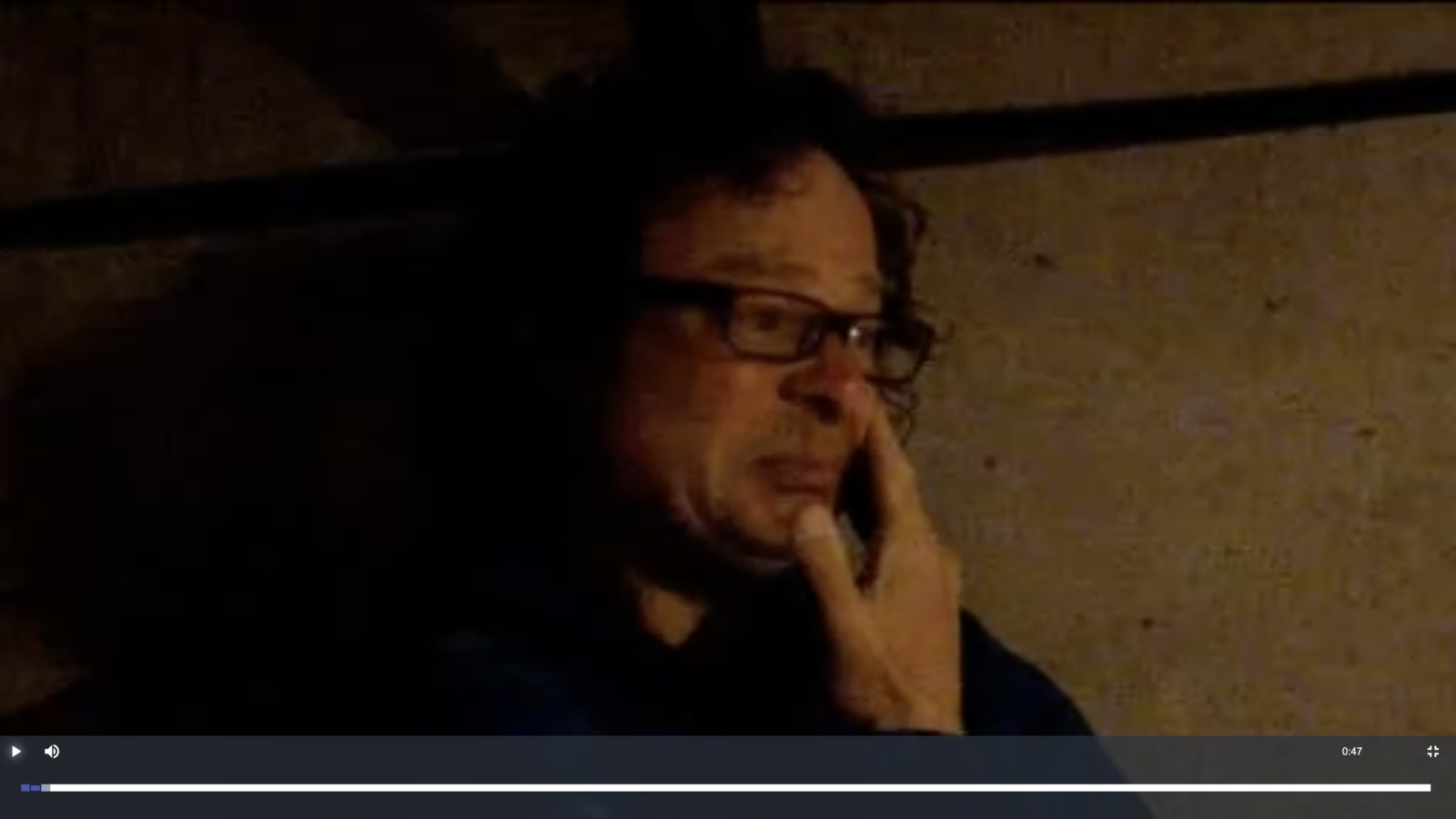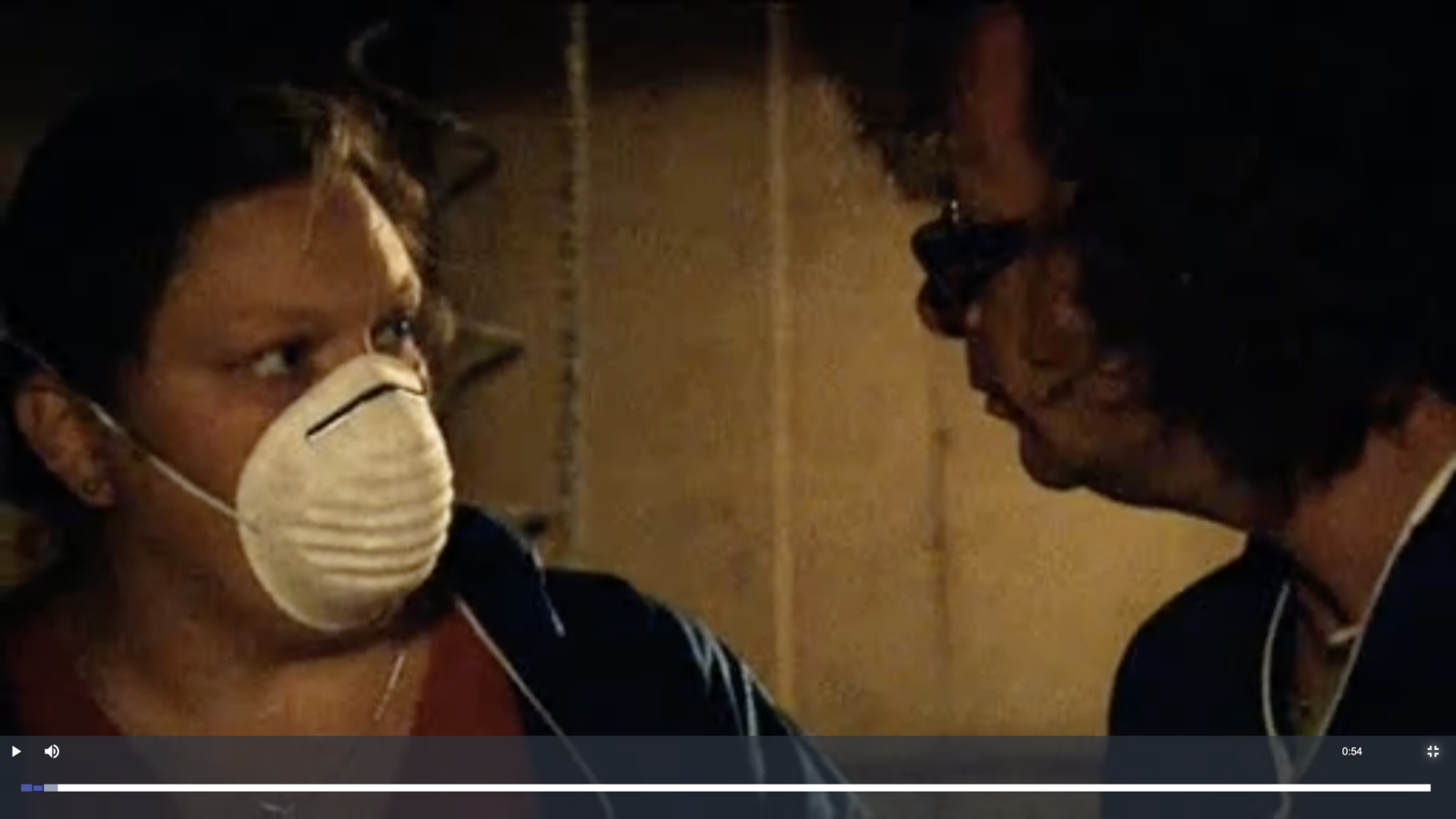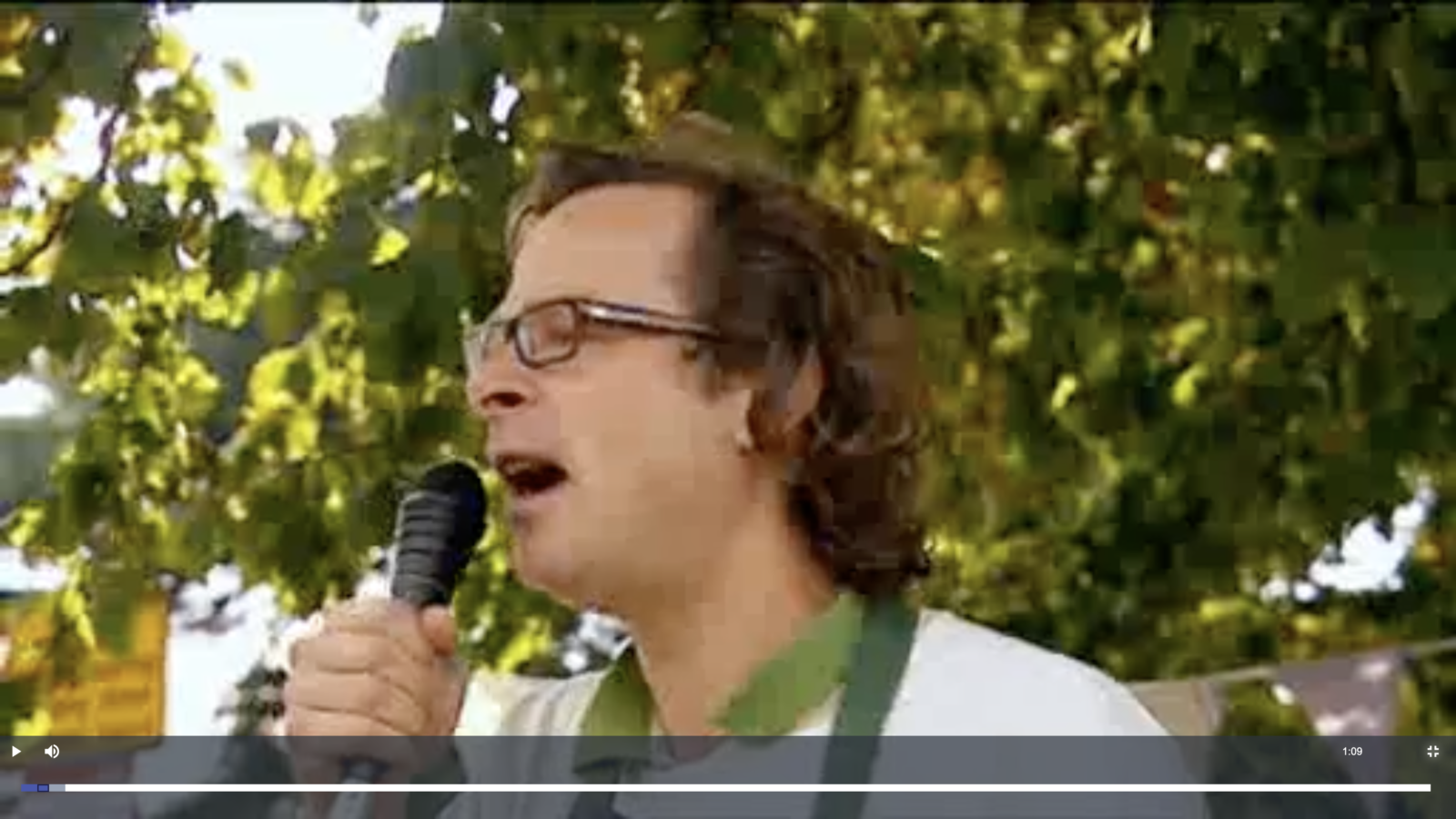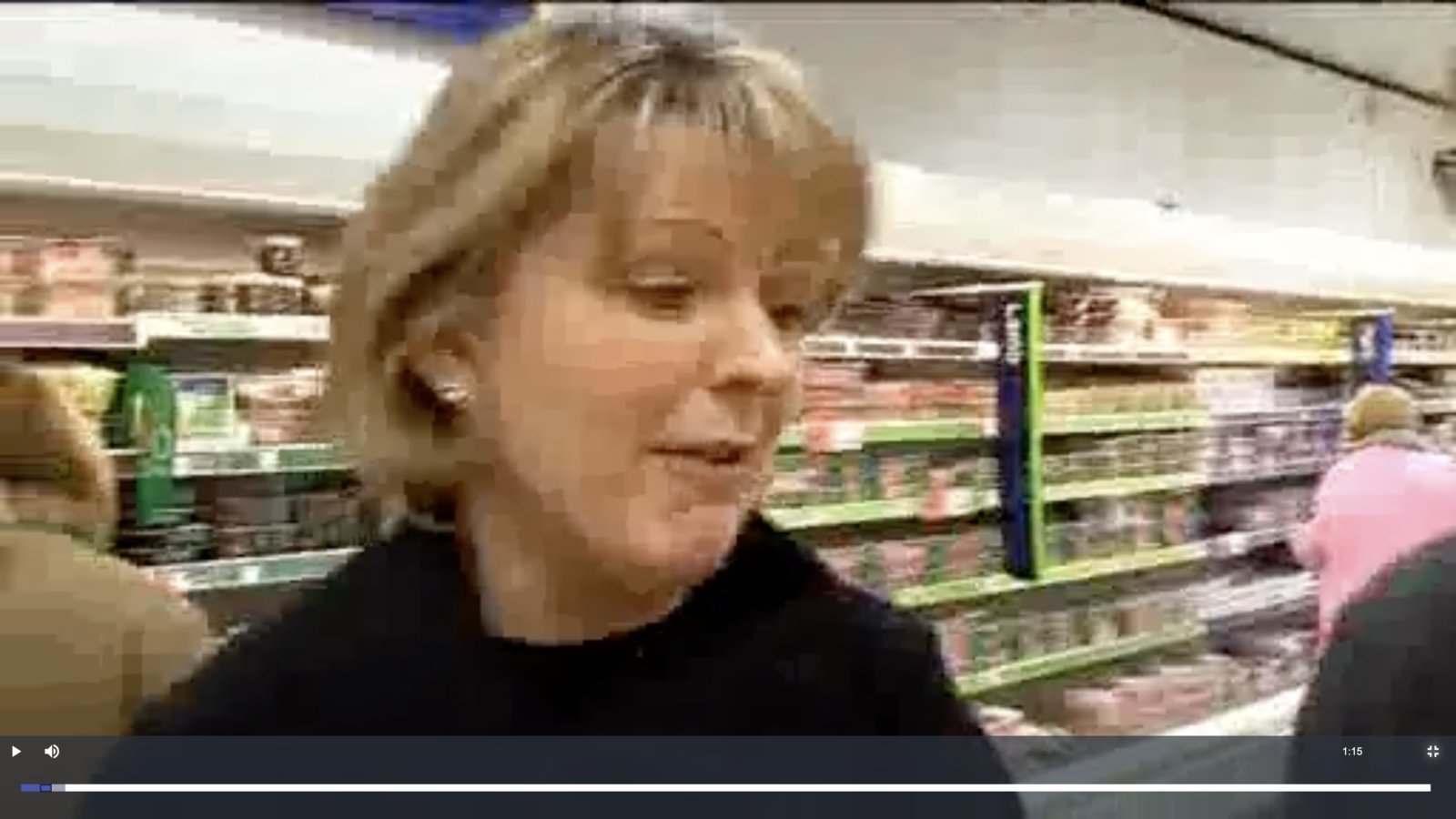
followthethings.com
Grocery
“King Corn: Your Are What You Eat“
A documentary directed and starring Ian Cheney & Curt Ellis for Mosaic Films (US)
Official trailer embedded above. Search online to watch the full movie here. Movie website here.
What better way to find out where your food comes from than growing it yourself and following where it goes? That’s what college friends Ian Cheney and Curt Ellis do by growing an acre of corn in the US state of Iowa. This isn’t the corn you’d eat on the cob, though. This corn tastes horrible. It’s inedible. It’s a starch crop that ends up as an ingredient in countless other industrial foods: like burgers, twinkies, apple juice. Corn is ‘the raw material for an overweight society’, a major cause of obesity diabetes. You can’t get away from it. Americans are all part corn (test your hair!). But who controls this trade? And who is if good for? The consumers who eat all that junk food? The corporations who dominate its growing and processing? The government who could (maybe should) change the nation’s farming policy? Ian and Curt’s ‘grow your own’ approach to supply chain activism is innovative. They present themselves as a couple of naive, funny ‘guys’, just out of college. They have no farming experience. They move from Boston to Iowa and buy some land. Plant some corn. Watch it grow (not much work is required). They ask for help from other farmers. They follow corn from production to consumption by producing and trying to sell it to processors. But they don’t want to help, so these two guys try to process it themselves, making High Fructose Corn Syrup (the sweetener in so much junk food) in their kitchen. The film is a hit. It exposes a truth about US agriculture which the ‘Corn Producers of America’ trade body does not appreciate. They hope it will inspire audiences to act politically to chabge the health of their society for the better. Its not about shopping for different products, because corn is in everything. To counter the film’s message, the CPA invest in an advertising campaign – including an iconic TV ad – about the harmlessness of corn. The filmmakers produce a parody ad about the harmlessness of tobacco. Then iconic satirical US TV show Saturday Night Live gets in on the act, making its own parody ad about the harmlessness of corn. So much sarcasm! This is another example we have found of an industry’s attempts to silence – in this case quite a mild – critique of how things are made. As we might expect, this critique draws so much attention to the original film, that it means more people know about it. For the filmmakers, it’s free publicity.
Page reference: Yahellah Best, Melanie Garunay, Melissa Logan & Andrea McWilliams (2024) King Corn: You Are What You Eat. followthethings.com/king-corn-you-are-what-you-eat.shtml (last accessed <insert date here>)
Estimated reading time: 40 minutes.
Continue reading King Corn: Your Are What You Eat ![]()




